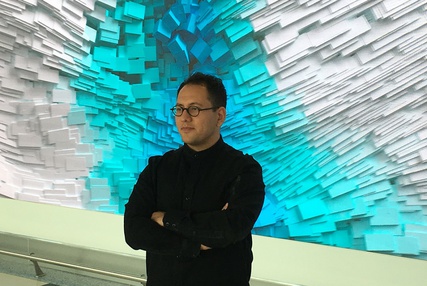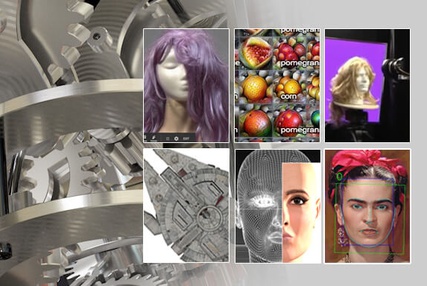Last year’s launch of the AIxMusic Festival at the extraordinary site of St. Florian Monastery was a huge success. It proved to be a promising starting point for a platform that doesn’t only address important issues on the ethical and creative dimensions of artificial intelligence, but also brings together great minds from a variety of disciplines on an international scale. As a forerunner and early adopter of technology, music is the ideal medium to spark a debate around these topics. Thus, for the second time, Ars Electronica is organizing the AIxMusic Festival in collaboration with the European Commission as part of the STARTS initiative.
This year, the AIxMusic Festival focuses on a deep insight into the latest research and artistic practices developed in conjunction with artificial intelligence and paying special attention to its potential to facilitate networked remote collaboration among musicians. In light of the difficult situation presented by coronavirus, digital information and communication tools became crucial solutions for artists to interact and perform at all. However, it is also clear that artificial intelligence harbours even greater possibilities for a networked approach to music, which is why Ars Electronica wants to contribute to the steady research and development in the field by actively encouraging interdisciplinary experiments with this technology. Due to the hybrid structure of the festival this year, the program includes on-site performances in Linz and other locations worldwide that will be streamed or showcased entirely online. The online platform invites different professionals – artists, musicians, composers and researchers – to discuss human-machine-interaction alongside concerts and performances, conferences, workshops and online exhibitions.
Some highlights of AI x Music:
AI x MUSIC FESTIVAL Opening Ceremony, Sept 12th, 17h30 – 19h55 CESTThe Grid (US/EU), Gray Area (US), Codame (US), ZERO1 (US), MUTEK.SF (US), EUNIC Silicon Valley (US), EUNIC Washington DC (US), EUNIC New York (US), Ars Electronica AIxMusic Festival (AT), STARTS, European Commission (EU), Center for Humane Technology (US), Salesforce (US) Opening remarks to AIxMusic Festival, 17h30 – 18h30 Gerfried Stocker (AT), Artistic Director, Ars Electronica Intermezzo: AIxMusic Performance (30 min) Taming Tech: Delivering a Global Framework for Humane Technology Through Art, Tech, and Poli, 18h30 – 19h30 Moderated by Martin Rauchbauer, Austrian Tech Ambassador Q&A session for public feedback, 19h30 – 20h30 Red Carpet Event & Concert Ars Electronica AIxMusic Festival | |
AI x MUSIC: Artificial Creativity or Enhanced Humanity, Sept 12th, 19h – 20h CESTThe Grid (US/EU), Christine Payne (US), Monica Dinculescu (US), Ali Nikrang (AT), Clara Blume (AT/US) The music industry was transformed drastically over the past couple of decades. For better or worse, these developments are tied to technological advancements and a rapidly adapting consumer behavior. Tech companies are invested in a future where AI forms an indispensable part of the creative process. Recent breakthroughs are already paving the way for music that is entirely created and performed by algorithms. But does that make AI an artist? This panel of experts will explore the blurry line separating the artist from the machine and discuss questions of authorship, human and artificial creativity, while also comparing different philosophical and creative approaches in Europe and the US. Panelists: Christine Payne (US), OpenAI, Multimodal Team Manager & Member of Technical Staff Monica Dinculescu (US), Google Magenta Software Engineer Ali Nikrang (AT), Ars Electronica Futurelab, Key Researcher & Artist Moderated by Clara Blume (AT/US), The Grid: Exposure, Curatorial Co-Directors | |
Music as Experience in an age of Artificial Intelligence and Computational Creativity. Sept 13th, 11h50 – 13h05 CESTKingston University and Durham University (UK), New York University (US), Hochschule für Musik und Darstellende Kunst, Stuttgart (DE), University of Music and Performing Arts of Vienna (AT), KTH Stockholm (SE)
Speakers: Moderator/Facilitator: | 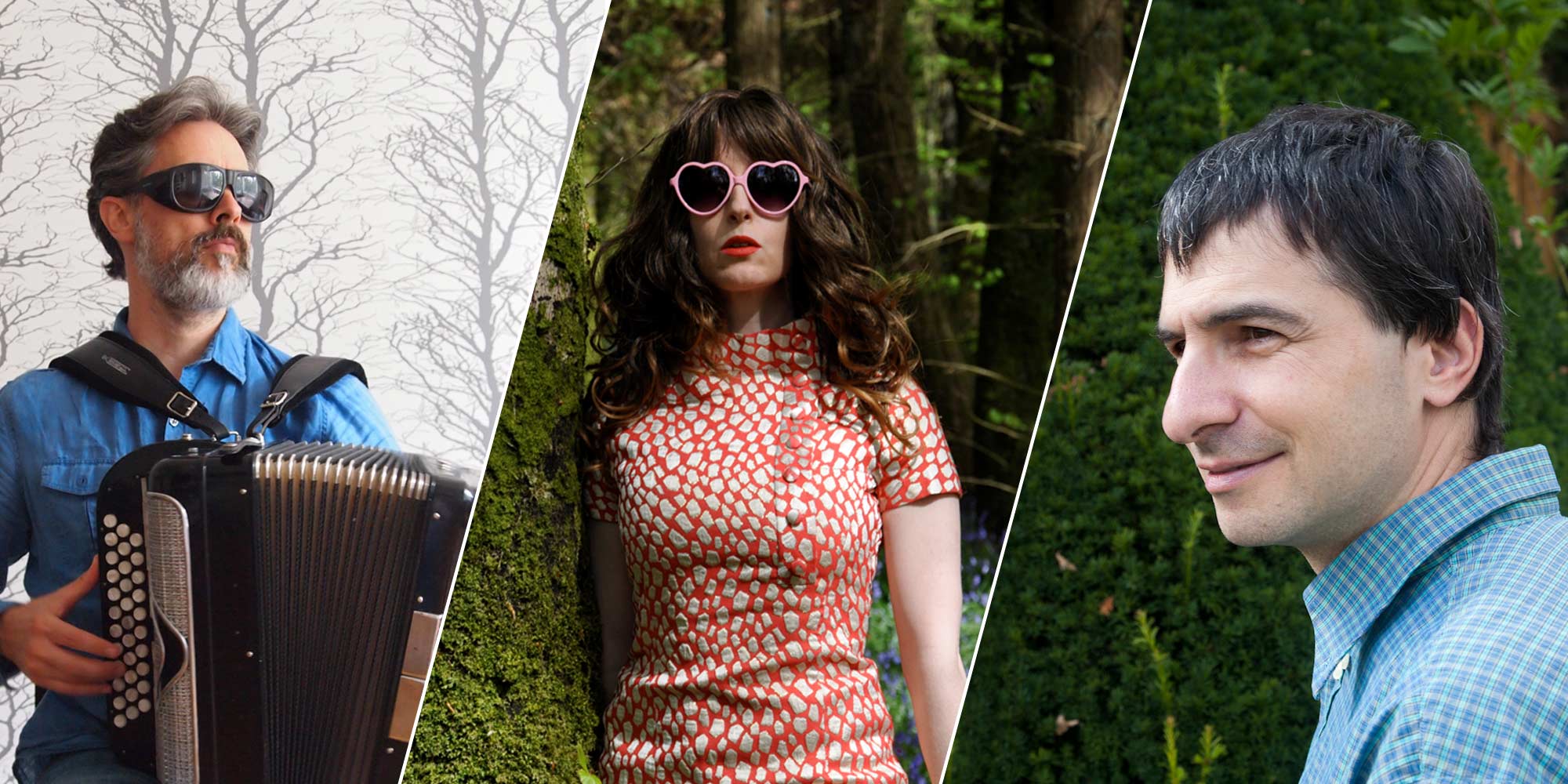 |
AI x Music Festival: Bot Bop Musical creation and innovation with AI, Sept 13, 17h – 18h CESTAndrew Claes (BE) and Dago Sondervan (NL) Musical phrases are fed in real-time to a live coded machine learning model. The emerging virtual agent reacts and is again reacted to, creating an organic feedback loop. Utilising improvisational, instant composing and algorithmic musical techniques, listen to the duo becoming a trio during the course of this performance. Armed with an arsenal of specifically developed tools and apps, two musicians will train a virtual agent towards musical autonomy and real-time interaction, becoming a trio along the way. Sondervan can draw from experience with a wide field of live coding environments. For this project he will use a new bleeding edge live coding environment called Sema, a part of the Goldsmiths College’s MIMIC project. This online system for live coding permits the use of machine learning technologies inside a browser, and designing your own live coding language. Mastering both wind instruments and electronic percussion, Claes’s scope on interactions with electronics range from hybrid instruments to experimental sound design. Focused mainly on Belgium’s open source modular DSP hardware-platform Axoloti, Andrew can call upon his growing arsenal of tools to warrant fresh streams of bot-training material as well as specifically designed patches for this project. | 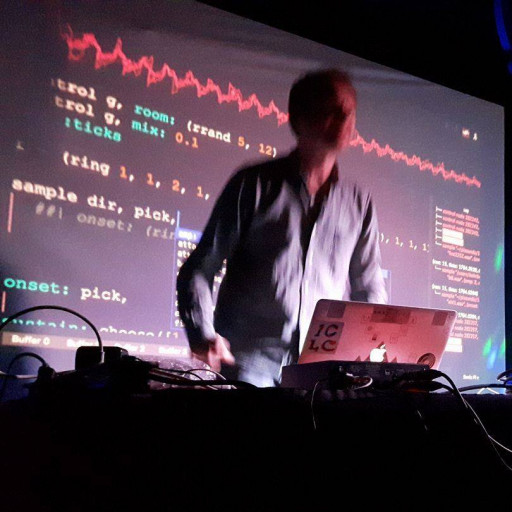 |
Ars Electronica AIxMusic Online HackathonSept 9th, 10th, 11th & 12th: 18h CESTSept 13rd, 14h30 – 15h25 CESTPhilippe Esling (FR), Lamtharn Hanoi Hantrakul (TH), Carmine Cella(IT), Edward Tiong (US) and Yishuang Chen (US) For the occasion of the first online Festival, Ars Electronica will host its first international AIx Music Hackathon as part of the AIxMusic Festival 2020. The hackathon will take place online during the Ars Electronica Festival from 9-13 September 2020. We are organizing an event where teams of data scientists, computer programmers, graphic and interface designers, musicians, project managers and any other professionals will creatively tackle music data problems and prototype new data solutions. Our goal is to give the participants the possibility to learn new tools and create worldwide networks. The Hackathon evolves around a series of hand-on workshops where high profile researchers and artists will share new tools and research to offer an insight into the current development of AIxMusic. The Hackathon ends, with a presentation of their outcomes by each group. This presentation will be streamed onto the live Ars Electronica TV channel giving them the opportunity to have a high visibility internationally. The AIxMUSIC Hackathon has the following objectives:
Six Challenges = Six Teams = Six Research Groups There will be six teams and each team will be composed of up to 5 members. During the hackathon, Sept. 9-13., 2020, the teams will work individually on the creation of their prototype. On the last day, each team will have 5 minutes to present their outcome live and online in the Ars Electronica live TV channels on Sunday 13th September 2020. | 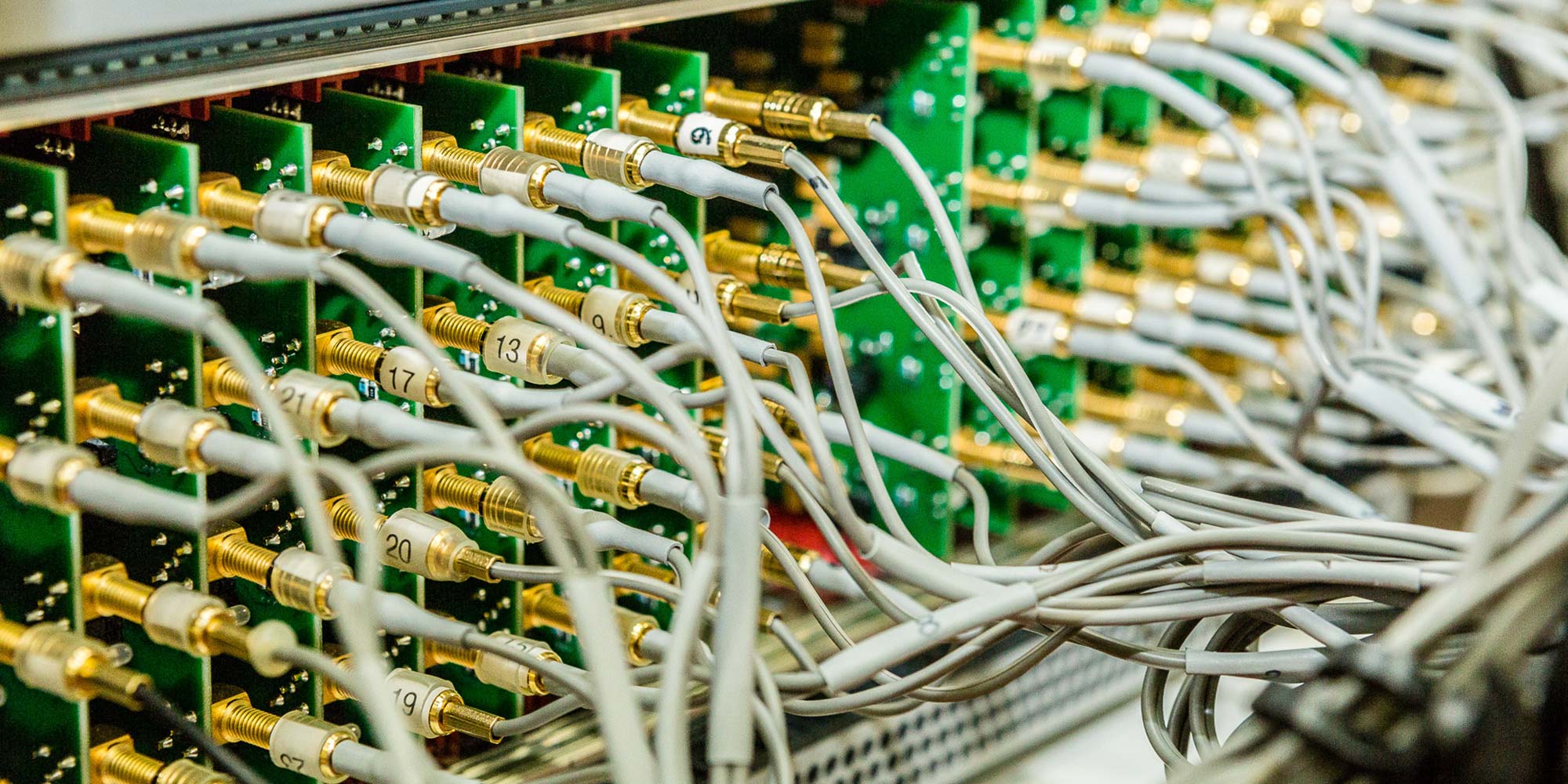 |





